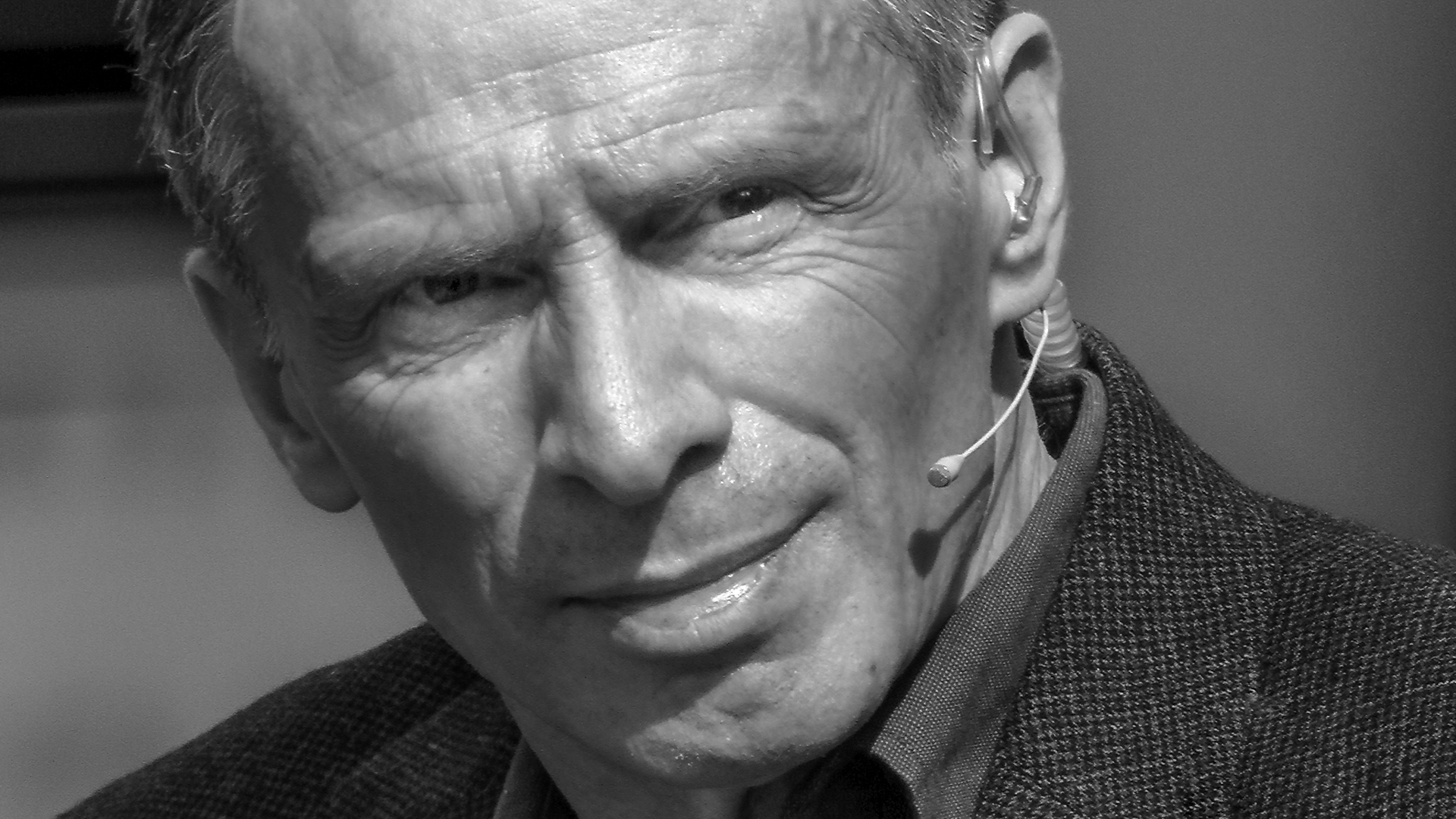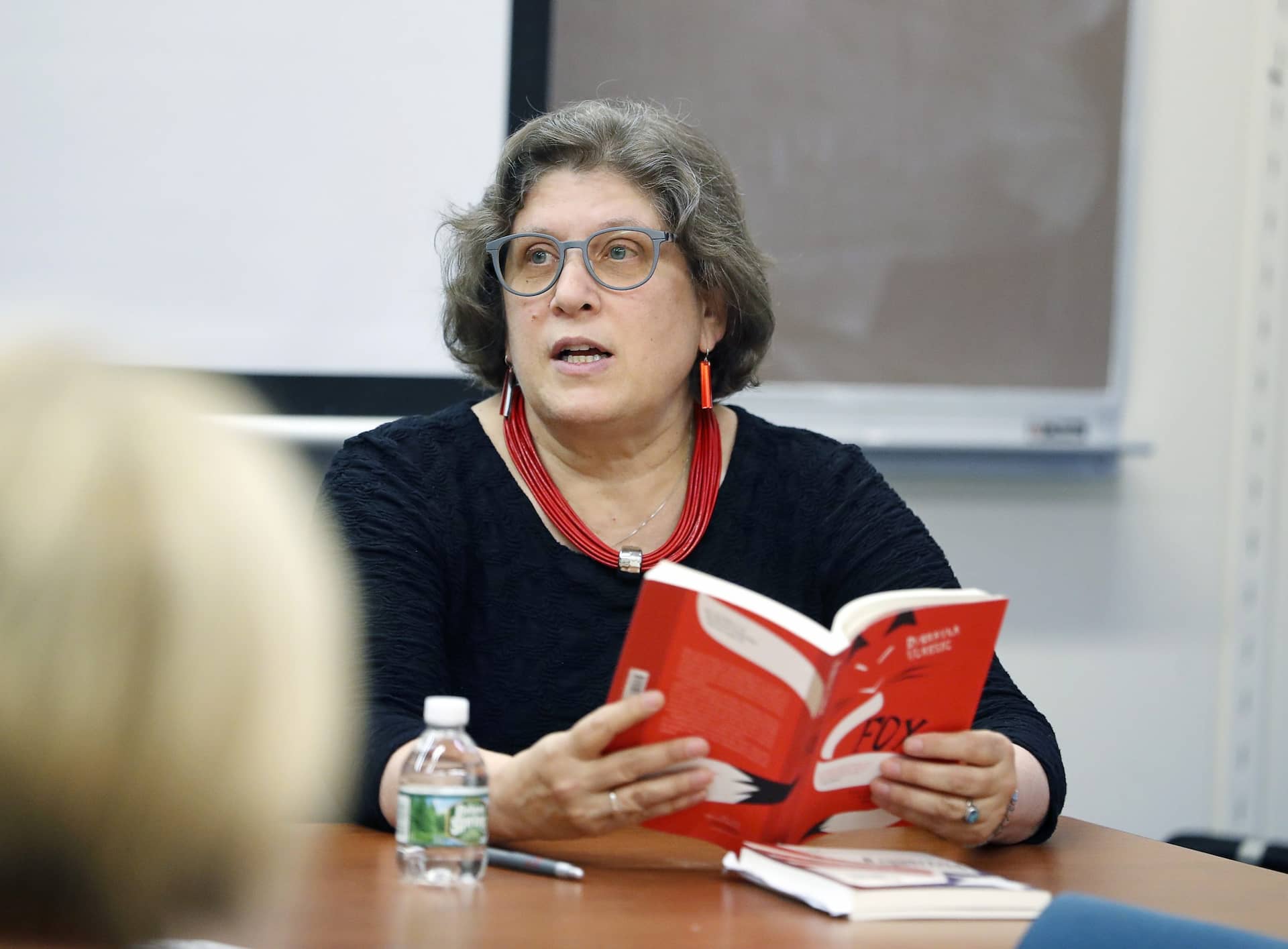
David Albahari, In Memoriam
Recollections of the acclaimed Serbian writer from his English translator.

Ellen Elias-Bursac
Ellen Elias-Bursać translates fiction and non-fiction from the Bosnian, Croatian, Montenegrin and Serbian. In 2006 the novel "Götz and Meyer" by David Albahari in her translation from the Serbian was given the National Translation Award. She is a past president of the American Literary Translators Association.
DISCLAIMERThe views of the writer do not necessarily reflect the views of Kosovo 2.0.
This story was originally written in English.